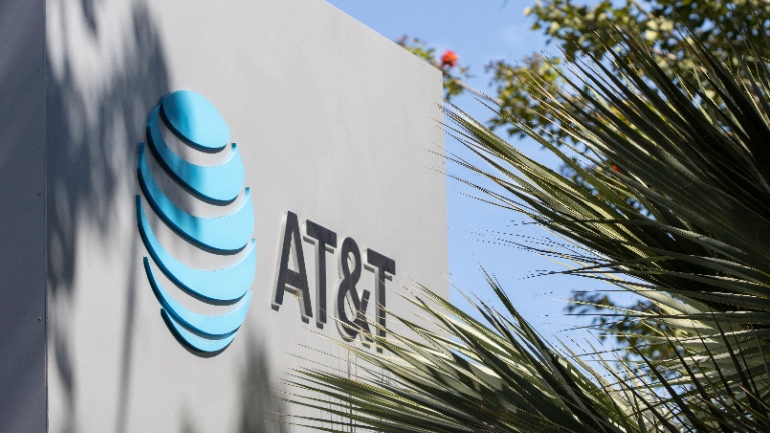The National Advertising Review Board (NARB) has recently concurred with the recommendation from the BBB National Programs’ National Advertising Division (NAD) that AT&T must revise its claims regarding the availability of its Supplemental Coverage from Space (SCS). The NAD had previously advised the telecom giant to “discontinue or modify” its assertion that this advanced network service is currently available to consumers.
This decision comes after T-Mobile US raised concerns over an advertisement in AT&T’s “Epic Bad Golf Day” commercial. The ad depicts an AT&T cellular call being relayed through a satellite, misleading viewers into believing the SCS service is already operational. In reality, AT&T acknowledges that it does not yet provide such coverage.
NARB’s agreement with the NAD underlines the importance of honest advertising. The board insisted on “truthful and non-misleading aspirational” messages from AT&T. This decision emphasizes the need for telecom companies to provide transparent communication about their technological capabilities.
Despite the current controversy, AT&T is moving toward launching a commercial space-based service. AT&T has partnered with AST SpaceMobile, which recently transported its first five Bluebird low-Earth orbit (LEO) satellites to Cape Canaveral. These satellites are set for a September launch following approval from the Federal Communications Commission (FCC).
AST SpaceMobile has drawn backing not only from AT&T but also from Verizon, Google, and Vodafone. Highlighting its critical role in the industry, AST SpaceMobile showcased the AT&T commercial as the first advertisement streamed from space to a smartphone.
AST SpaceMobile’s ambitious plans include agreements with 40 mobile network operators globally, potentially connecting 5.5 billion devices using its direct-to-cellular technology. This development promises to revolutionize global connectivity, indicating the significant strides being made in satellite communications.
Although AT&T has expressed its disagreement with the NARB’s conclusion, the carrier stated it will comply with the ruling. Meanwhile, T-Mobile, which initiated the complaint against AT&T, is developing its satellite connectivity technology in collaboration with SpaceX.
This episode underscores the competitive and rapidly evolving landscape of satellite communications. As the industry advances towards truly global coverage, it is crucial for companies to maintain transparent and honest communication with consumers. The potential for direct-to-cellular technology is vast, but companies must manage expectations accurately as they work towards making these innovations a reality.







